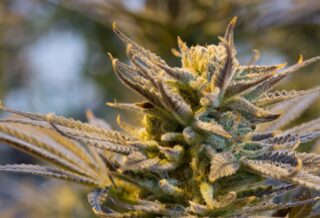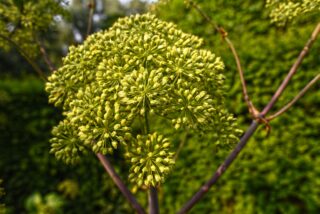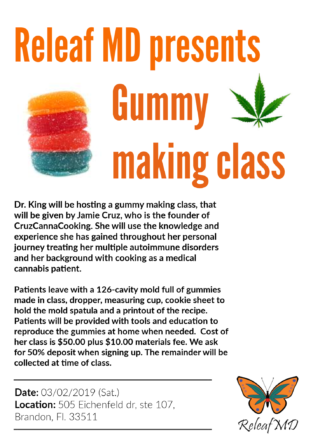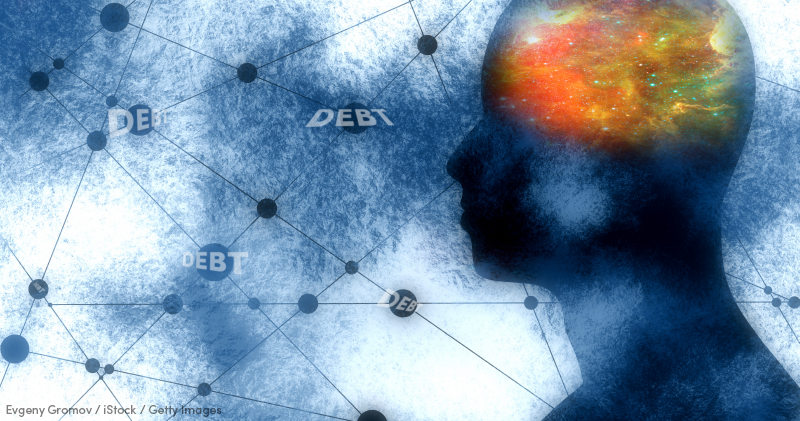Can Medical marijuana help with Multiple Sclerosis?
Multiple sclerosis is a debilitating disease that affects the central nervous system. There are no known cures, and treatments can be both costly as well as unpleasant. MS sufferers often rely on prescription medications to manage symptoms such as chronic pain, muscle spasms, depression, and fatigue.
While prescription medication may provide relief, they also come with their own set of side effects which can lead to more health problems than were initially present. For this reason, it’s important for patients to look for other ways to manage their MS symptoms instead of relying solely on traditional medical treatment methods like prescription drugs alone. Medical marijuana has been shown in studies to help with MS-related pain management, anxiety reduction, sleep disorder reduction, and appetite stimulation.
What is Multiple Sclerosis?
Multiple sclerosis is an unpredictable, often disabling disease that advances relentlessly.
It causes damage to the protective covering on nerve cells (myelin) in your central nervous system. It is an autoimmune and neurodegenerative disease that mistakes myelin as a foreign antigen and thus repeatedly attacks it. This can lead normal bodily functions like seeing and hearing to become disrupted. Symptoms vary from person to person (no two cases of MS are the same) but tend to include depression, trouble feeding oneself, drooling, fatigue, as well as bladder and bowel dysfunction. Motor skills also deteriorate as more muscle movements are lost including tremors/tremor episodes which can make certain hand gestures seem completely random at times. Multiple sclerosis is one of the most common neurological diseases affecting 2.8 million people worldwide. MS can occur at any age, but typically it is diagnosed in individuals aged 20 to 49 years old. It is more common in women compared to men.
Possible treatments with Medical Marijuana
Cannabis is a plant that has been used for medicinal purposes dating back thousands of years. The main active ingredient in marijuana, tetrahydrocannabinol or THC which causes the user’s mind to feel less discomfort and more relaxation as they experience fewer side effects from it compared with other medications out there today.
How does cannabis help those living With multiple sclerosis symptoms? When someone suffers from this neurological disease their body goes through many painful changes which can cause them great distress mentally as well as physically. These ailments often leave patients wheelchair-bound by early adulthood if left untreated; additionally, some may lose all usable muscle control over certain areas.
Scientific institutions have concluded that marijuana is highly likely to help ease stiffness and muscle spasms that are experienced with MS, this was recorded and measured by self-reported symptoms.
Medical marijuana may be a helpful option for those with MS to try. It’s important that you understand the differences between strains and how they can help before trying them. We hope this article helped shed some light on what your options are when it comes to using cannabis as a treatment for Multiple Sclerosis-related symptoms.
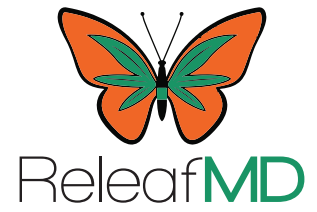
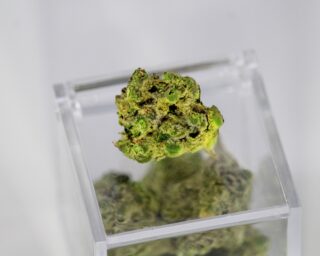 and CBD they contain. THC or Tetrahydrocannabinol is a cannabinoid found in cannabis plants and it is the primary psychoactive component. CBD stands for Cannabidiol and it binds to different receptors in the brain that reduce the psychoactive effects of THC and create a more relaxing effect in the brain and body.
and CBD they contain. THC or Tetrahydrocannabinol is a cannabinoid found in cannabis plants and it is the primary psychoactive component. CBD stands for Cannabidiol and it binds to different receptors in the brain that reduce the psychoactive effects of THC and create a more relaxing effect in the brain and body.